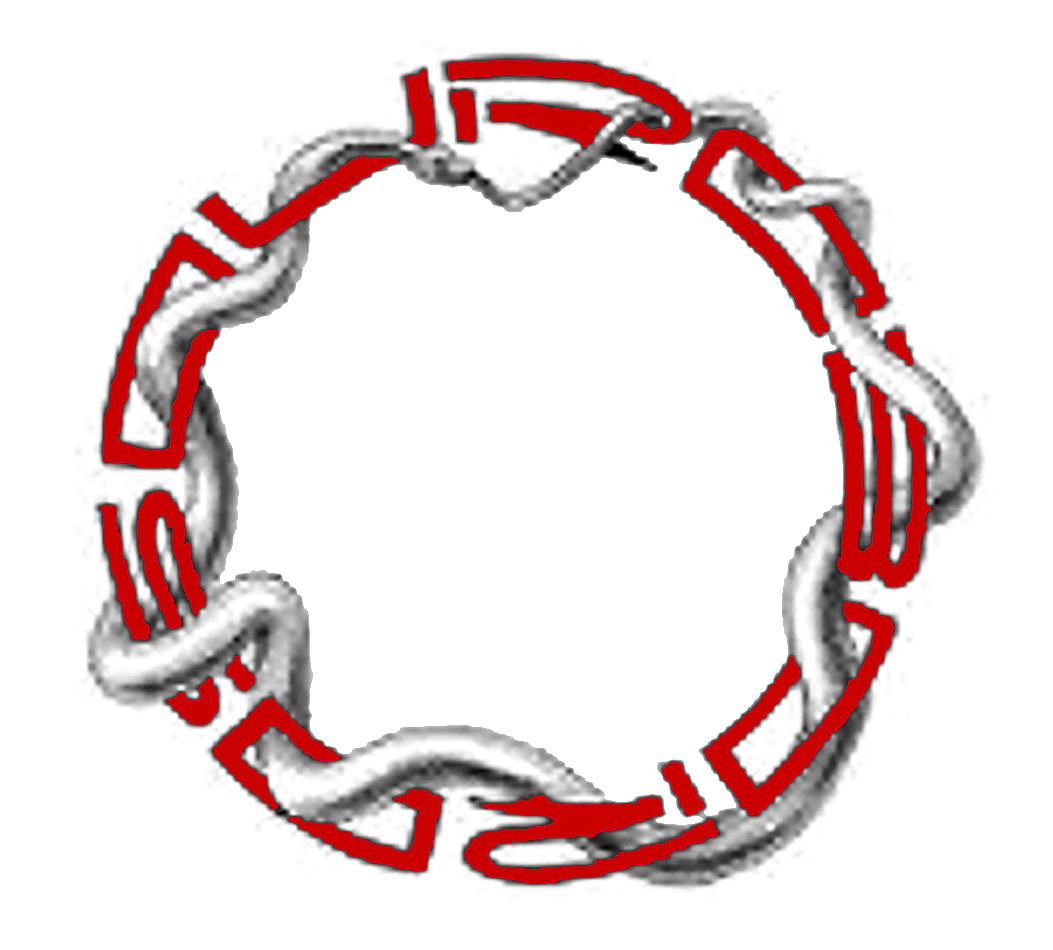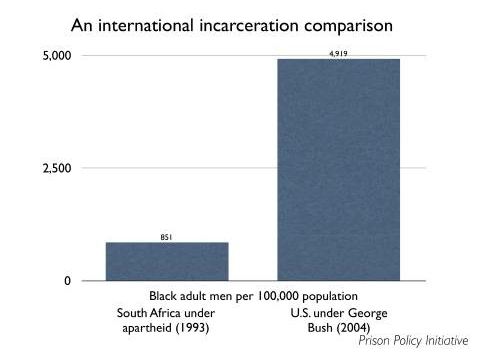Traditional publishing never worked, it was an industry ruled by chance and blind luck. Its demise will be the best thing that’s ever happened to authors as the royalty system is rearranged and bureaucratic fat is removed from the system.
Roth did just fine as a writer before he began penning novels and getting advances, he taught and wrote small pieces on the side – getting an advance isn’t the issue, being paid at all is. Are a lack of advances the issue, or could that be theoretically compensated for by – oh, I don’t know – changing up the royalty system?
Let’s take a quick look at the royalty system, here’s how Wikipedia explains it: “Hardback royalties on the published price of trade books usually range from 10% to 12.5%, with 15% for more important authors. On paperback it is usually 7.5% to 10%, going up to 12.5% only in exceptional cases.” How does this compare to the sale of e-books? Well, on Amazon if authors price their books above $3, they take home 70% on every sale, roughly five-times as much money for every single sale.
So instead of eighty to ninety percent of the profits going to people other than the author, authors are now able to take home the vast majority of the profits generated by their work.
That’s what’s going to gut the literary industry – not writers themselves, the industry – the fact that the people who actually produce the art are going to be taking home the lion’s share of the profits, instead of the other way around. The problem isn’t the emergence of e-books and print-on-demand publishing, it’s that the old system was broken. A similar structure exists in the music industry, as the producer for Nirvana’s “In Utero” once colorfully explained:
Whenever I talk to a band who are about to sign with a major label, I always end up thinking of them in a particular context. I imagine a trench, about four feet wide and five feet deep, maybe sixty yards long, filled with runny, decaying shit. I imagine these people, some of them good friends, some of them barely acquaintances, at one end of this trench. I also imagine a faceless industry lackey at the other end holding a fountain pen and a contract waiting to be signed. Nobody can see what’s printed on the contract. It’s too far away, and besides, the shit stench is making everybody’s eyes water. The lackey shouts to everybody that the first one to swim the trench gets to sign the contract. Everybody dives in the trench and they struggle furiously to get to the other end. Two people arrive simultaneously and begin wrestling furiously, clawing each other and dunking each other under the shit. Eventually, one of them capitulates, and there’s only one contestant left. He reaches for the pen, but the Lackey says “Actually, I think you need a little more development. Swim again, please. Backstroke”. And he does of course.
In a nutshell, a $250,000 advance would soon turn into a grand total of $4,031.25 for each member of a band consisting of three musicians. And yet the advent of online file-sharing and torrenting hasn’t made musicians obsolete. Although the music on your local pop radio stations probably still sucks – you can now find awesomely talented obscure bands everywhere from Pandora to their own websites, where they often give away several tracks of their music for free.
The old means of distribution was choking ingenuity and creativity while enriching the pockets of industry executives who had precisely zero to do with the actual creation of music.
Morrison’s final misconception is about the nature of the long tail:
“The recent enthusiasm for the long-tail market does, however, obscure a very basic economic fact: very few writers and independent publishers can survive in the long tail. Amazon can sell millions of books by obscure authors, while at the same time those authors, when they get their Amazon receipts, will see that they have sold only five books in a year.”
Without pre-selection and mass marketing, Morrison argues, the market can’t possibly function. But here’s the thing, the market has never functioned rationally – rational and effective systems aren’t hallmarked by the randomness and chance discussed earlier.
Which is the point the rest of Morrison’s article should have but didn’t make: all of the industries he lists – movies, music, porn, computer games, newspapers, video games, newspapers, photography, telecommunications, and the internet – are suffering financial crises of at the bureaucratic management level, which is being mistakenly viewed as a fight for the survival of the artists who actually populate them with art.
Musicians aren’t the ones who’ve been hurt by the evolving open marketplace, it’s the record stores who’ve gotten the shaft. And the same pattern is already holding true with literature.

With the advent of e-books, authors no longer need the means of production that the publishing industry once had a monopoly on. And so in the scheme of things, there’s no better time to try and make it as a writer.
People still love reading, so as sales of physical books flow out of brick-and-mortar book stores like rats from the proverbial sinking ship, they’re going to flow into both e-books and print-on-demand options offered by companies like CreateSpace and Lulu. Maybe there’s no better indication that the publishing industry as we once knew it is good as dead than J.K. Rowling deciding to release the e-book version of all the Harry Potter books from her own personal website.
Obviously Rowling’s situation is worlds different from an author who’s first trying to break into the market, but they do share a common thread.
In a process that’s materially no different at all than being able to casually stroll through a bookstore, taking your time browsing through as many books as you’d like, all an author needs to do is post his work up online so people can read it on their monitors. And then if they want the convenience of being able to it with them – either on their e-reader or by ordering a print-on-demand copy – all they need to do is pay a small fee.
Consumers have never paid for access to books, they paid for the convenience of being able to take the words with them.
Again going back to the music industry, it turns out people who illegally pirated music weren’t just a little more likely to actually buy music, they were ten-times more likely to actually buy music. And the model of making your writing as free and accessibly as possible has already worked once when it comes to writing. In 2001 when The Alchemist author Paulo Coelho had been struggling for a few years to break into the Russian market, he decided to take this novel approach: he set up a site where anyone could download a PDF of the book for free. And how’d that work out for him?
In 2001, I sold 10,000 hard copies. And everyone was puzzled. We came from zero, from 1000, to 10,000. And then the next year we were over 100,000… I thought that this is fantastic. You give to the reader the possibility of reading your books and choosing whether to buy it or not.
Having your sales increase one-thousand fold seems like a pretty damn good business model.
Morrison fundamental lack of comprehension about what’s really going on might be best captured by one of his final points: “In every digital industry the attempt to combat piracy has led to a massive reduction in cover price: the slippery slope towards free digital content.”
The reduction in cover price isn’t a slippery slope towards free, it’s the culling of a bloated and archaic publishing industry whose time has now passed. As the music industry and Paulo Coelho have proven, the more access potential customers have to art the more likely they are to actually spend money on it. Authors will now be able to glean more of the profits created by their work, instead of having to whore themselves out to an industry populated mostly by people who failed at producing what they’re now selling – quality art.
Writers are no longer subject to the whims and vagrancies of faceless executives, the only thing they need now is a little bit of determination and a willingness to hustle the streets a little bit, which is a whole lot better than the alternative of letting a corrupt and dead-behind-the-eyes industry pimp out their dreams.









